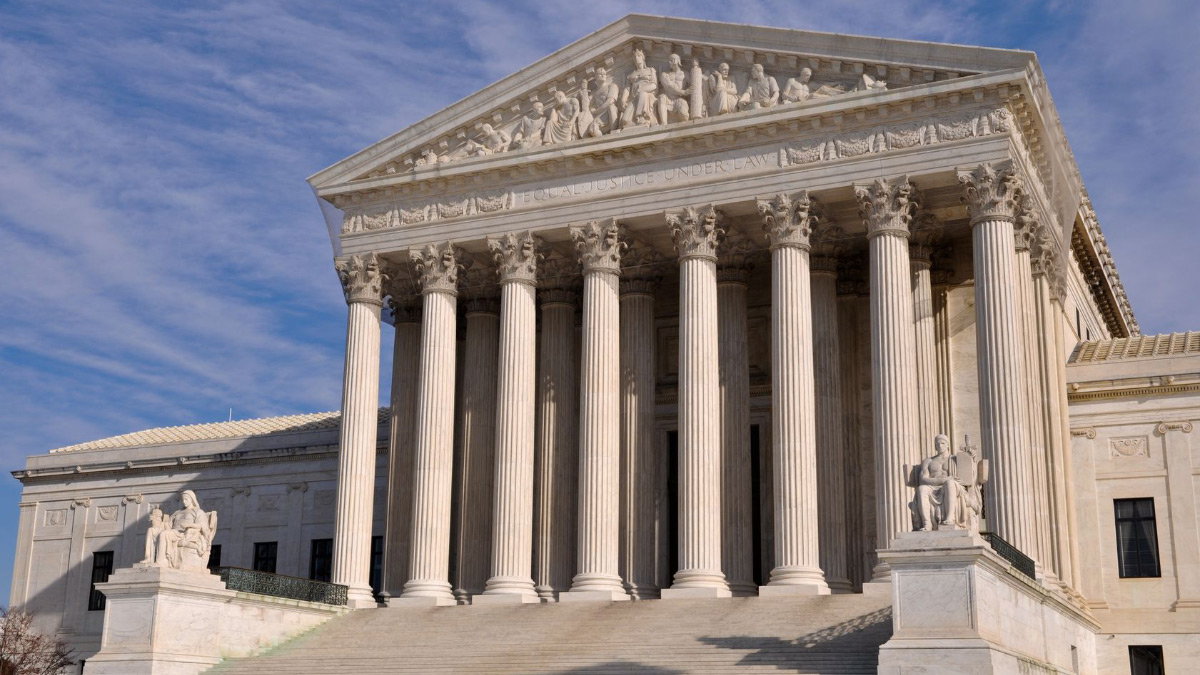Janus v. AFSCME, now before the U.S. Supreme Court, is one of this term’s most important cases. The key issue is the so-called Abood precedent, which comes from the previous Supreme Court case, Abood v. Detroit Board of Education. It holds that government-employee unions have the authority to charge workers for the costs associated with negotiating on their behalf but not for those associated with political spending against their wishes, which would violate their First Amendment rights.
Mark Janus’s argument is that all union expenditures, including those for negotiation, are inherently political. For example, if government-union members get higher wages and better benefits or teach smaller classes or have other duties reduced, taxpayer costs will rise. If Janus’s argument is accepted, Abood’s prohibition on coerced funding would be expanded to encompass all coerced nonmember fees as forced speech, violating the First Amendment.
Those siding with Janus believe his case is first and foremost a constitutional matter, and so they focus on the First Amendment. His opponents, by contrast, believe that precedent is on their side, and so are strongly pushing the doctrine of stare decisis (“to stand by decisions”). In other words, the latter assume that Abood amounts to well-reasoned constitutional precedent. But it is not. To see why, consider the constitutional context.
You might think that the Supreme Court defends all constitutional rights equally. But it has instead divided rights into tiers meriting different levels of scrutiny. At the low end, the Court uses a “rational basis” review to consider if and when a constitutional right can be restricted by the government. Rational basis requires only that some legitimate government interest be at stake and that the law in question has some rational relationship to that interest. In practice, this low standard has become almost a rubber stamp for government policy. For instance, has been applied to economic rights in commerce-clause cases, with damaging consequences.
At the high end, the court uses a “strict scrutiny” standard. This requires a compelling government interest as well as a law narrowly tailored to that interest—one that employs the least restrictive means. This is the standard that is used when First Amendment rights are at stake. It is a far higher bar than rational review, sometimes referred to as “strict in theory, fatal in fact.”
The reason this method of scrutiny is pertinent in Janus is that the central precedents that Abood relied on were commerce-clause cases, which were subject only to the minimal “rational review” standard. These cases, including Wilson v. New, NLRB v. Jones & Laughlin Steel Corp., and Rwy. Emp. Dept. v. Hanson, only addressed whether government had the right to regulate labor disputes, not whether mandating union agency fees violates First Amendment rights. However, the Supreme Court has increasingly held that government-union agency fees do infringe First Amendment rights, as in Harris v. Quinn and Knox v. SEIU.
The upshot? Abood does not seem to provide precedent for the forced-speech issue at the heart of Janus. Set against free speech, the case does not offer a compelling enough reason to stand up to strict scrutiny. Consequently, it cannot justify forced agency fees.
This brings us to what Justice Lewis Powell noticed in his Abood concurring opinion. As George Leef reports “[Powell] observed that the Court had played fast and loose by citing precedents that were not truly applicable to the public union case at hand and had given scant thought to the First Amendment issues involved.” Arizona v. Gant put it this way: “The doctrine of stare decisis does not require us to approve routine constitutional violations.”
Chief Justice John Roberts wrote in Citizens United that “when fidelity to any particular precedent does more to damage this constitutional ideal than to advance it, [this Court] must be more willing to depart from that precedent.” For that very reason, Abood deserves to be overturned and Janus deserves to prevail.








